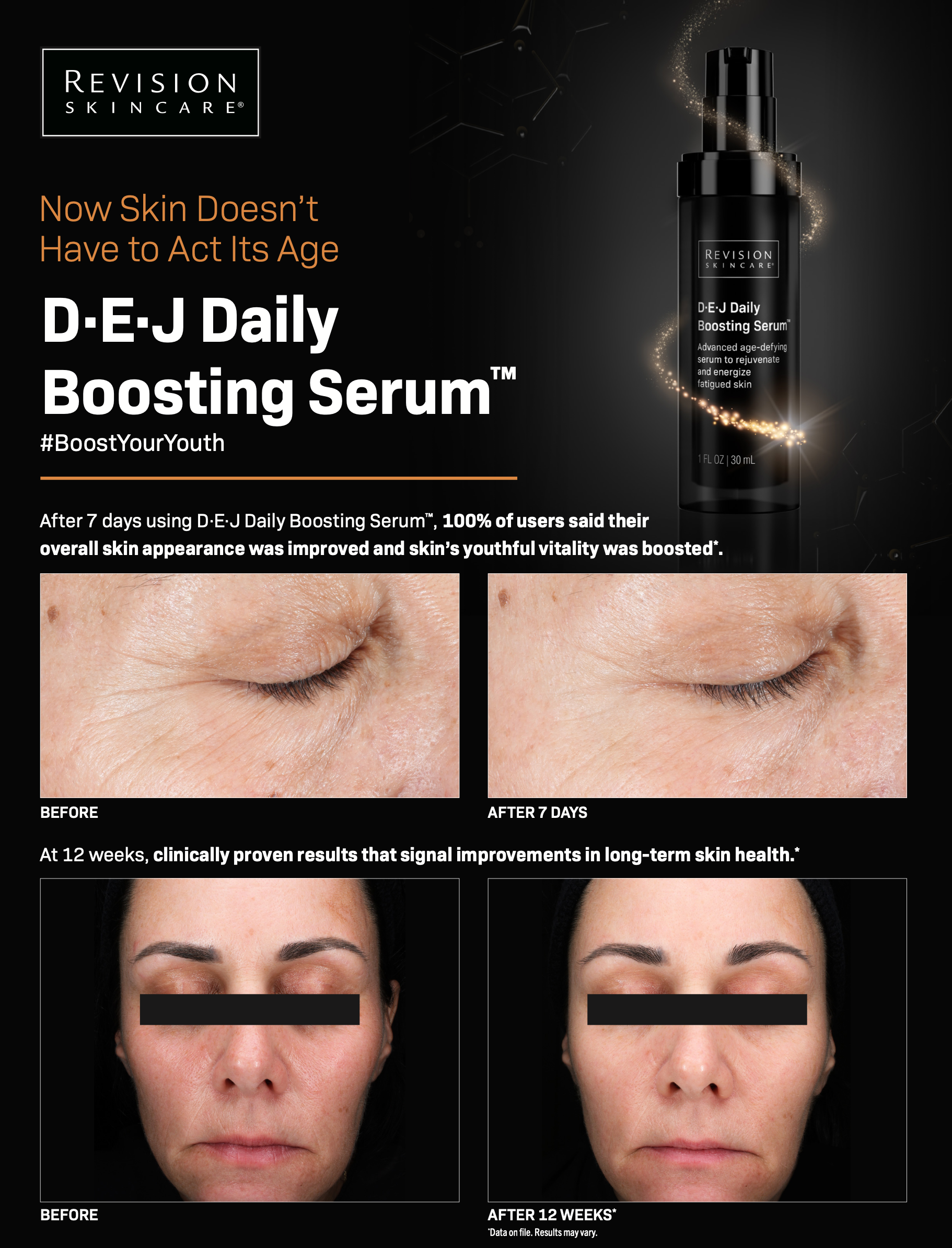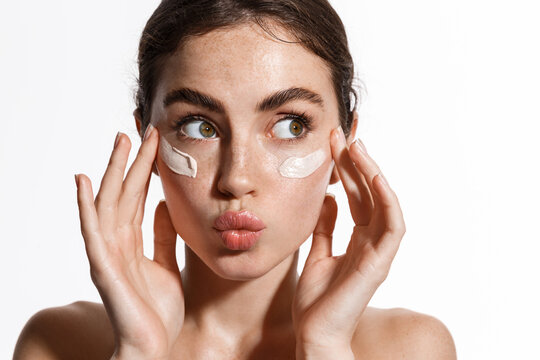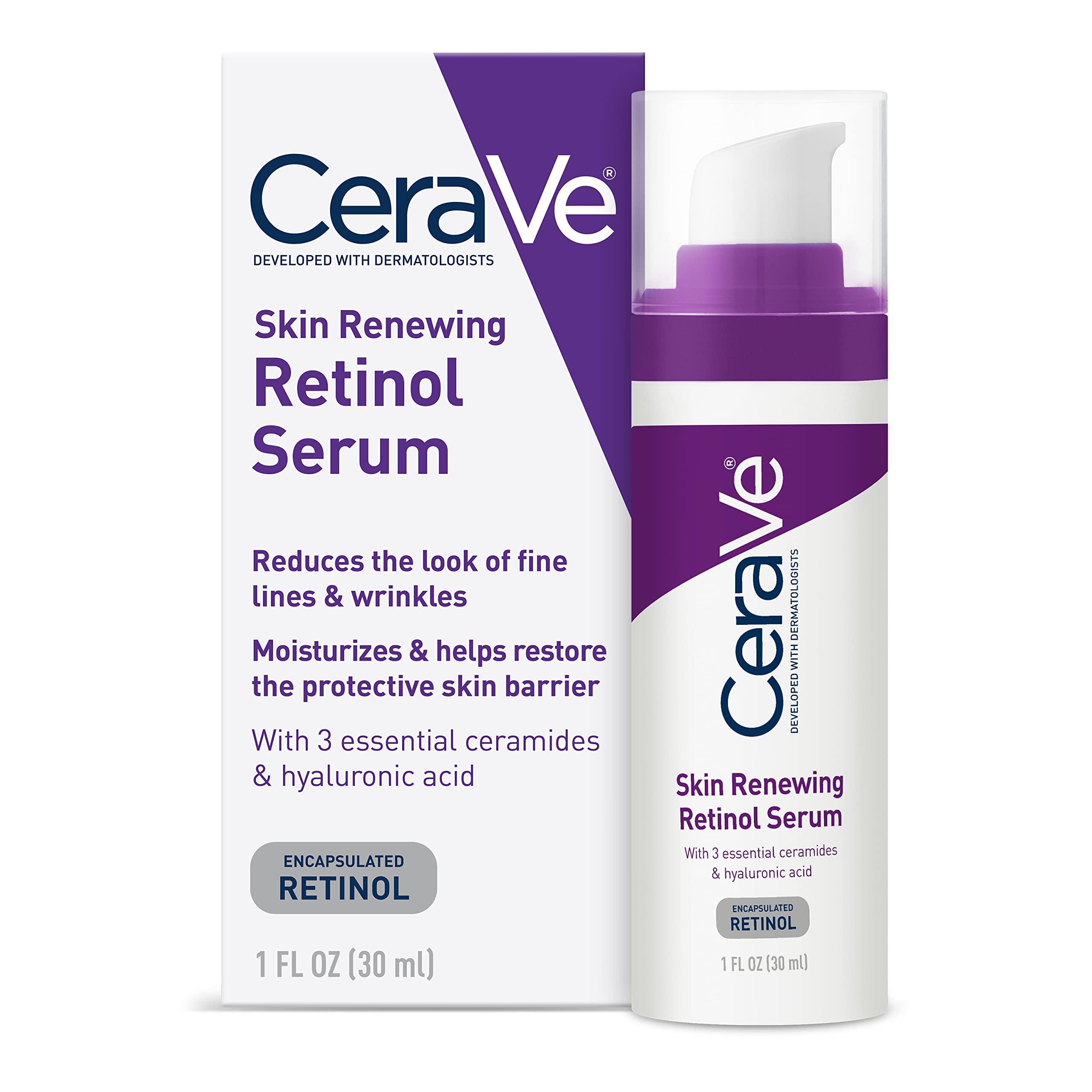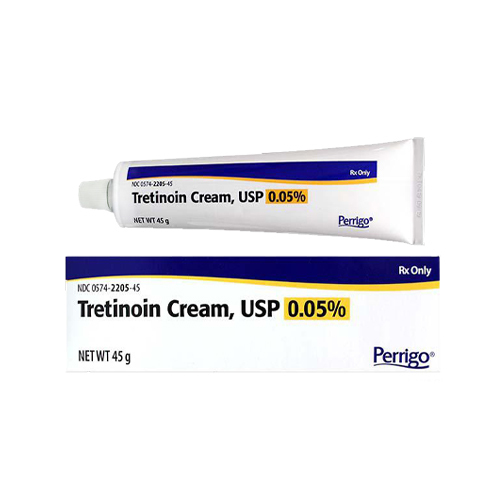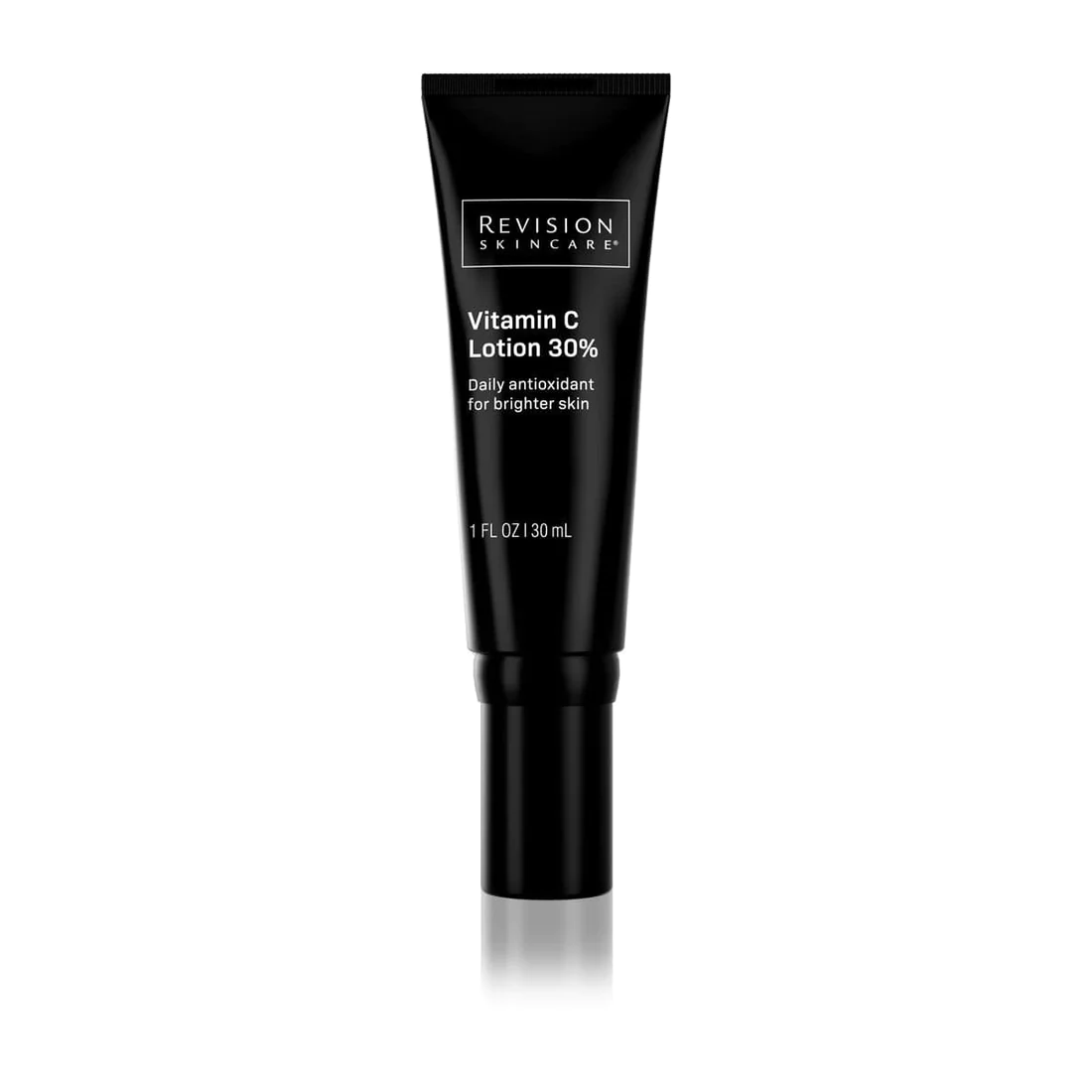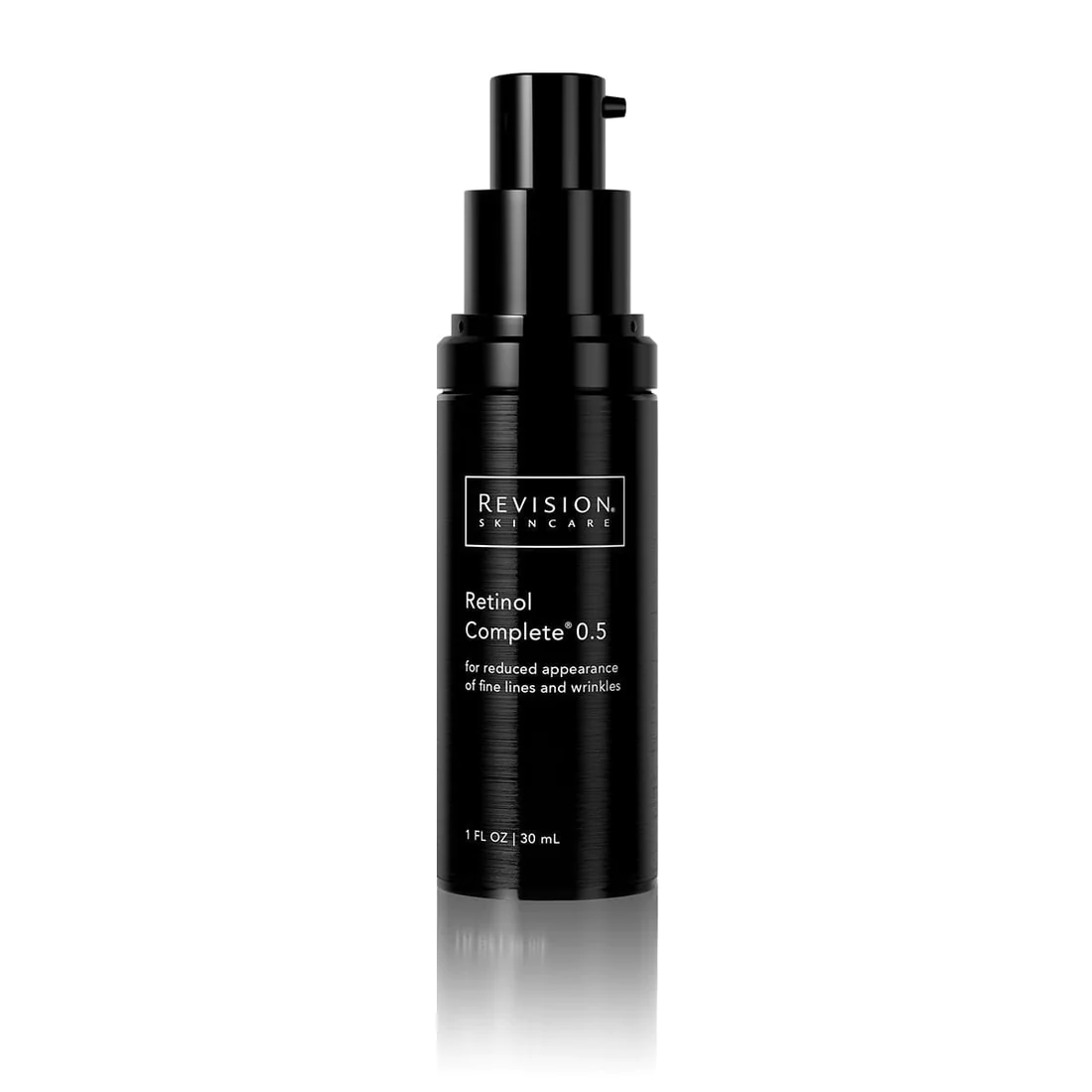Why MEDICAL GRADE Skincare?
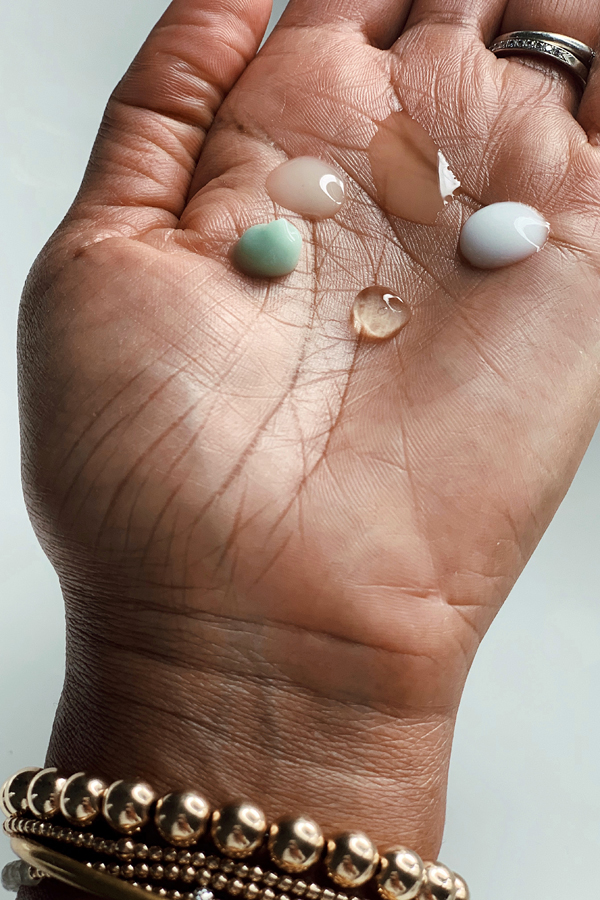
A solid skincare routine is a must in the quest for healthy, youthful skin. But when it comes to sifting through the myriad of different skincare products available today, there’s everything from your run-of-the-mill over-the-counter drugstore products to medical grade skincare, which stand in a league all of their own.
Medical grade skincare brands are growing year by year. As more attention is placed on this category of supercharged skincare replete with quality active ingredients, the conversation surrounding them widens. If you’re interested in dipping your toe into the medical grade skincare pool and what to know what makes them superior to other grades of skincare, consider this your ultimate guide to the best medical grade skincare options and everything you need to know.
Understanding Medical Grade Skincare
Medical grade skincare stands apart from other skincare products. Sometimes classified as cosmeceutical skincare, this more concentrated and scientifically backed skincare is designed to address a specific skincare need or issue, including pigmentation, wrinkles, acne, or laxity. Medical grade skincare contains far more advanced delivery systems and a much higher concentration of active ingredients, like peptides, antioxidants, and retinol, compared to over-the-counter skincare, making for more dramatic and visible effects and results in a faster period while improving both the aesthetic and medical benefits of the skin.
When selecting the best medical-grade skincare products for your skin, it’s important to pick dermatologist-approved and endorsed ones. Skincare products that boast a dermatologist’s seal of approval are of higher quality, have been put through a far more rigorous testing process, and often are accompanied by clinical data, too. Plus, medical grade skincare products that dermatologists recommend and sell meet their high expectations and criteria for what makes a skincare product excellent.
Although medical grade skincare may be superior to what’s available on drugstore shelves, their accessibility is far more limited. Most medical-grade skincare products are only available through a dermatologist, medi-spa, or licensed retail website, so always make sure you are buying your products through an authorized retailer.
Key Features of Medical-Grade Skincare
Several features allow for medical grade skincare to stand on its own. For starters, medical grade skincare companies can source highly stabilized active ingredients that won’t break down or degrade as fast as other skincare ingredients. They are also formulated using advanced technologies to penetrate deeper and faster into the skin for better results without causing irritations or sensitivities.
Medical-grade skincare products may be more expensive than their less concentrated counterparts. However, that’s simply because the active ingredients, such as peptides, antioxidants, exfoliating acids, and retinol, are of a higher quality with clinical evidence. Most
dermatologists also find medical-grade skincare more effective than over-the-counter products. Some medical grade skincare products are even recommended to be used alongside in-office treatments and procedures to amplify and maintain the results.
Expert Tips for Optimal Results
Medical-grade skincare comes with more concentrated ingredients, so following your dermatologist’s instructions and never abusing these skincare products is essential. Since some of the best medical grade skincare products employ exfoliating acids, which help with skin texture, unwanted pigmentation, and even acne, it’s crucial to slowly introduce these products into your current skincare routine and use them every few days until you can work your way up to daily use to limit breakouts, skin purging, redness, dryness, and sensitivities.
Should any adverse skin effects occur, it’s best to reevaluate your skincare routine and see if any other products may be causing a negative interaction. If not, consult with your dermatologist and their team of professionals.
While most skin types can benefit from medical grade skincare, some may find the more potent concentration of active ingredients too much for their skin, causing intolerance. To make sure a medical grade skincare product is a good fit for your skin, always consult your dermatologist or their aestheticians first.
It’s important always to follow the directions when using medical grade skincare brands and not overdo it. Consistency and patience with a medical-grade skincare routine are key to making the most of the products. But that also means not overdoing it or using more than the recommended dose.

